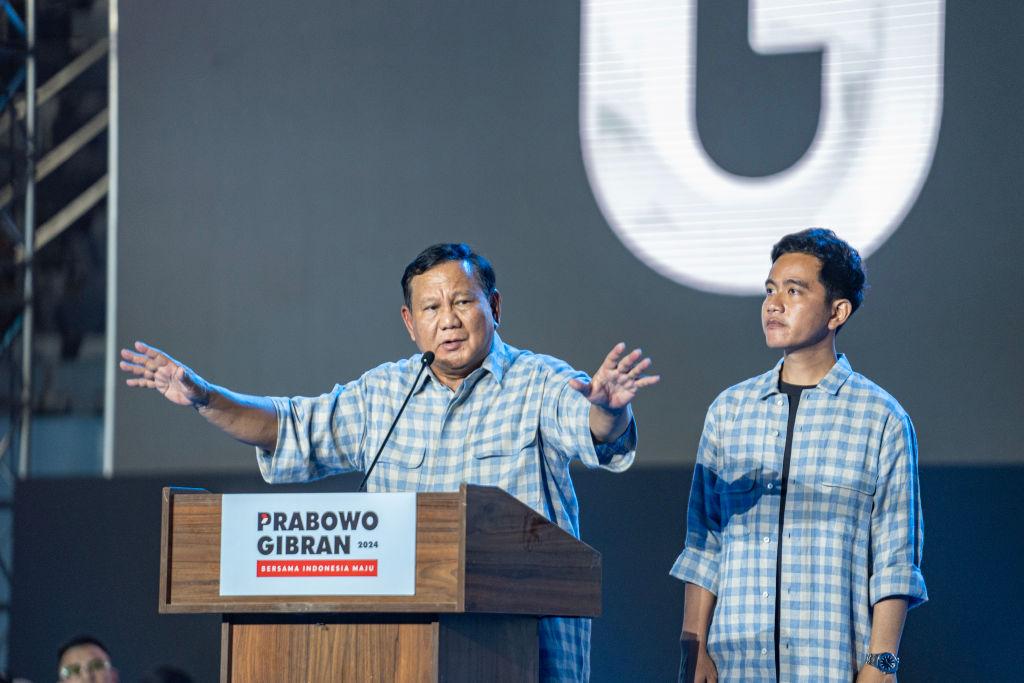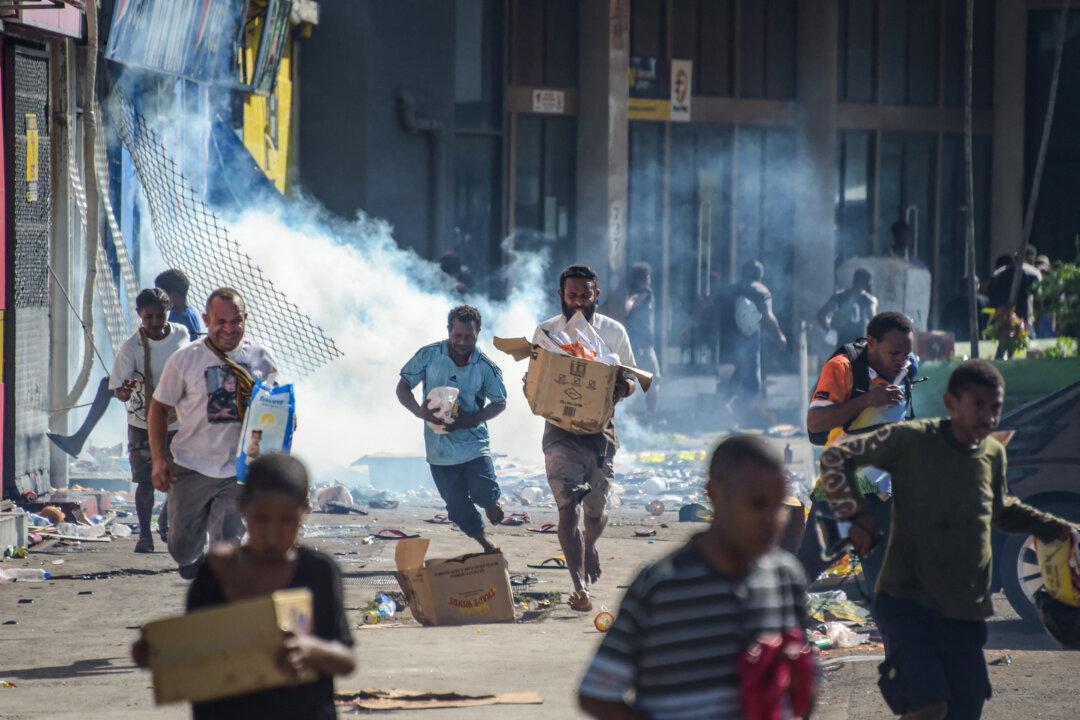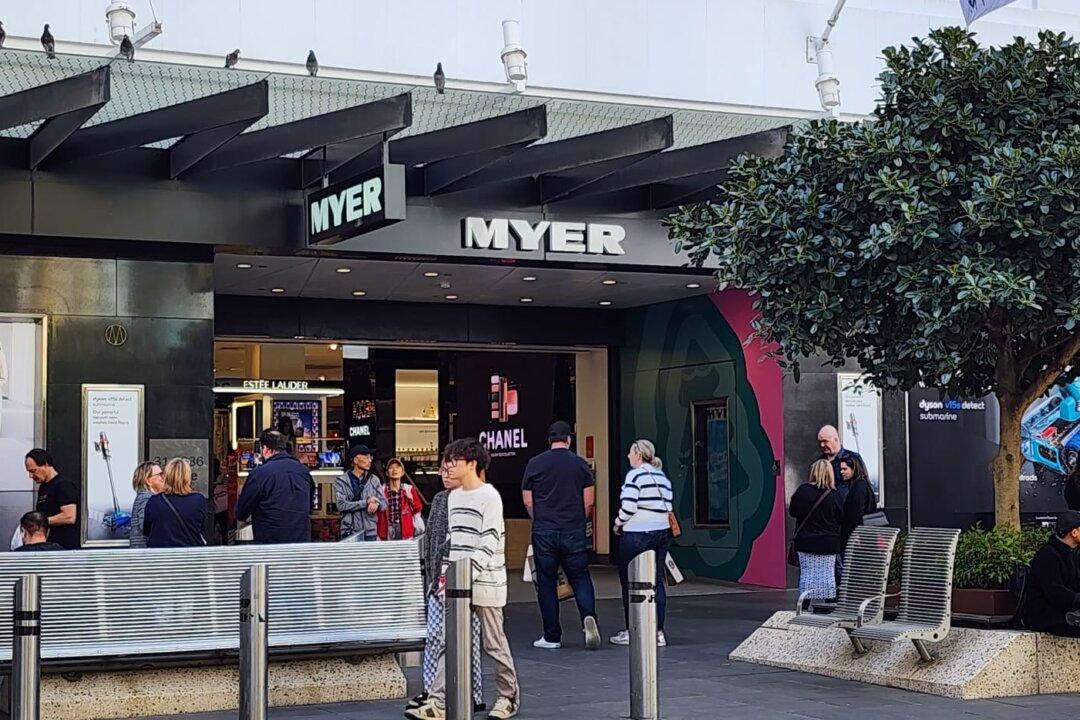The City of Melbourne has decided to address housing availability concerns by proposing new regulations aimed at short-stay accommodation providers.
The city plans to introduce a $350 (US$226) registration fee for such providers and impose a yearly cap of 180 days on listings available on platforms such as Airbnb and Stayz.




